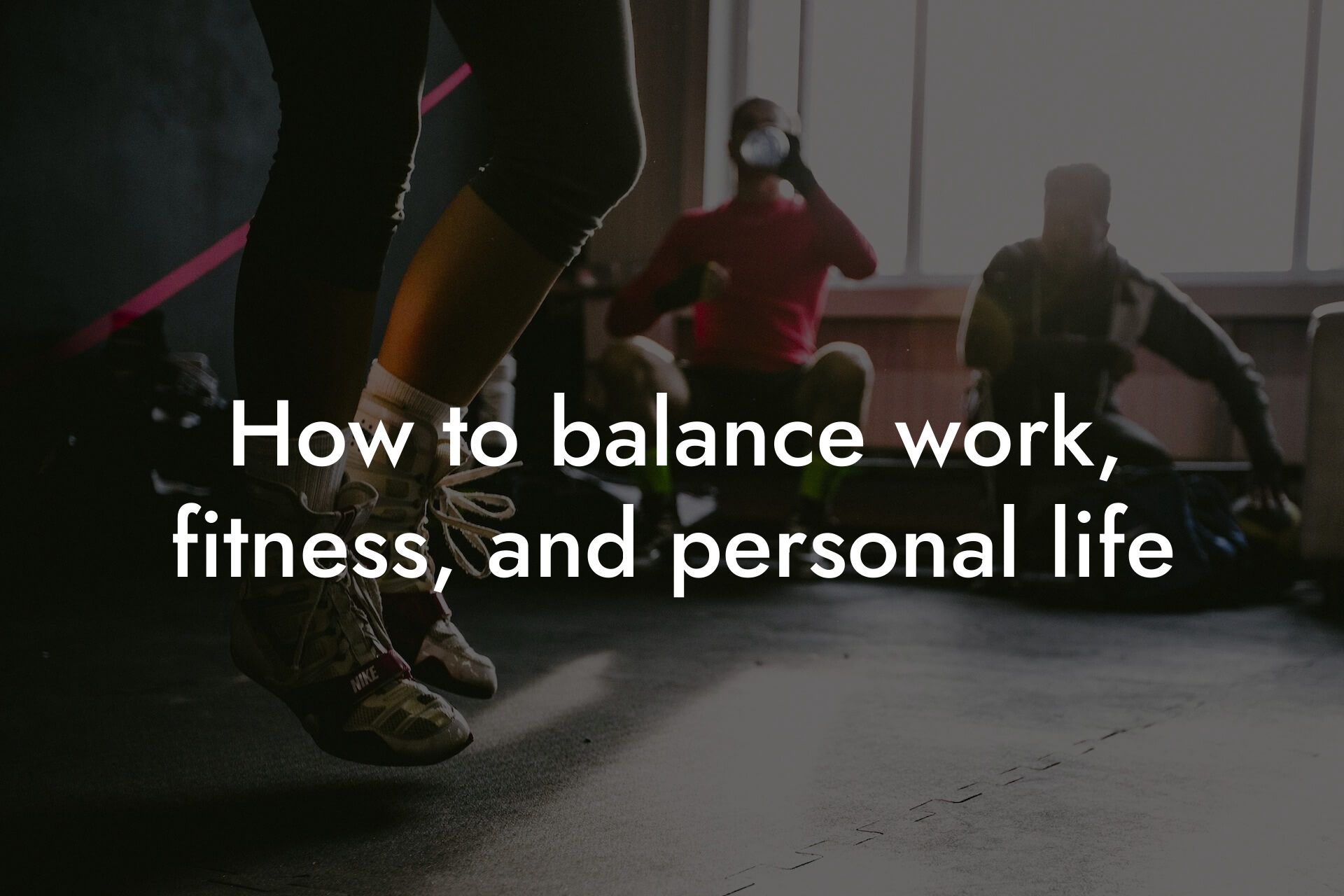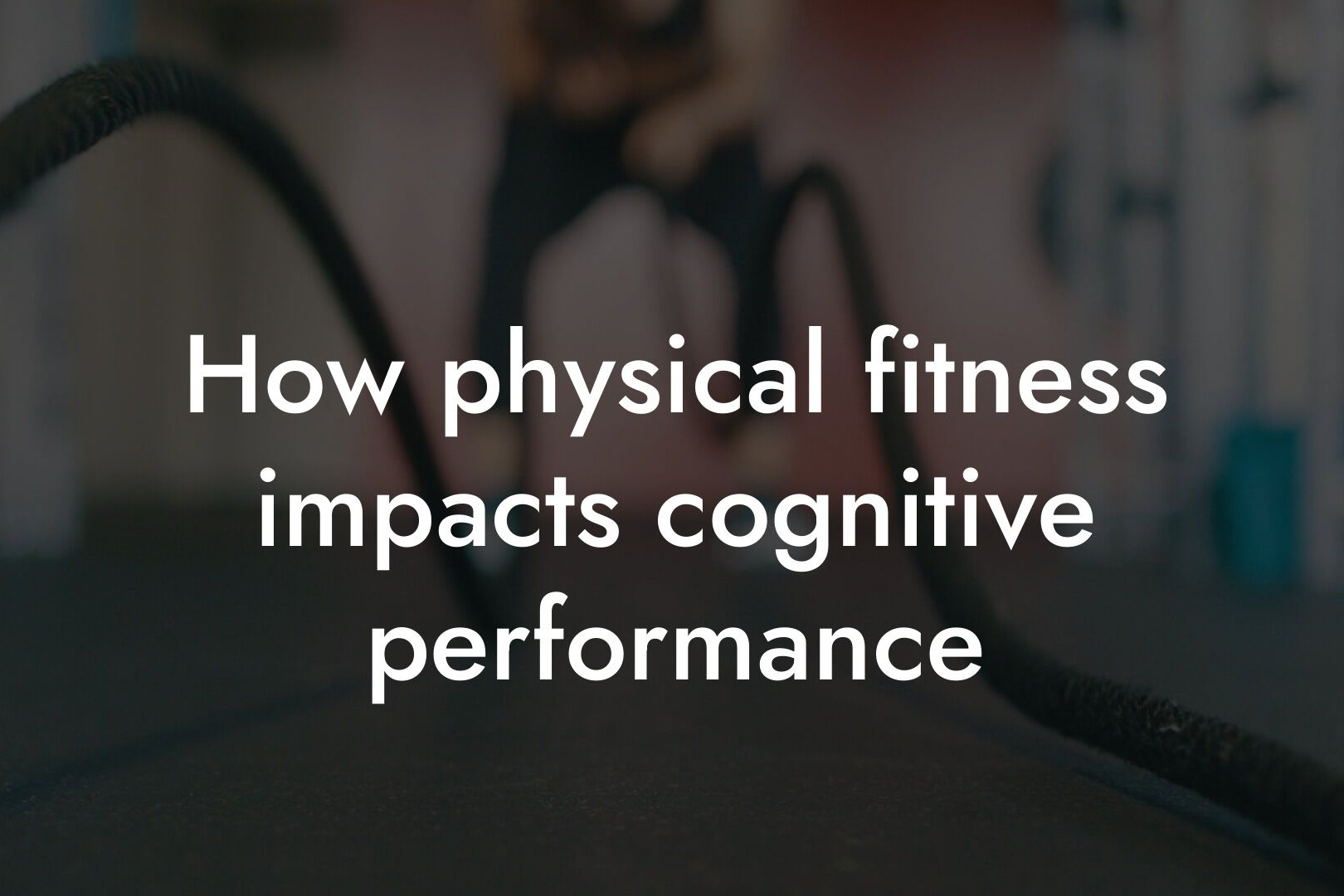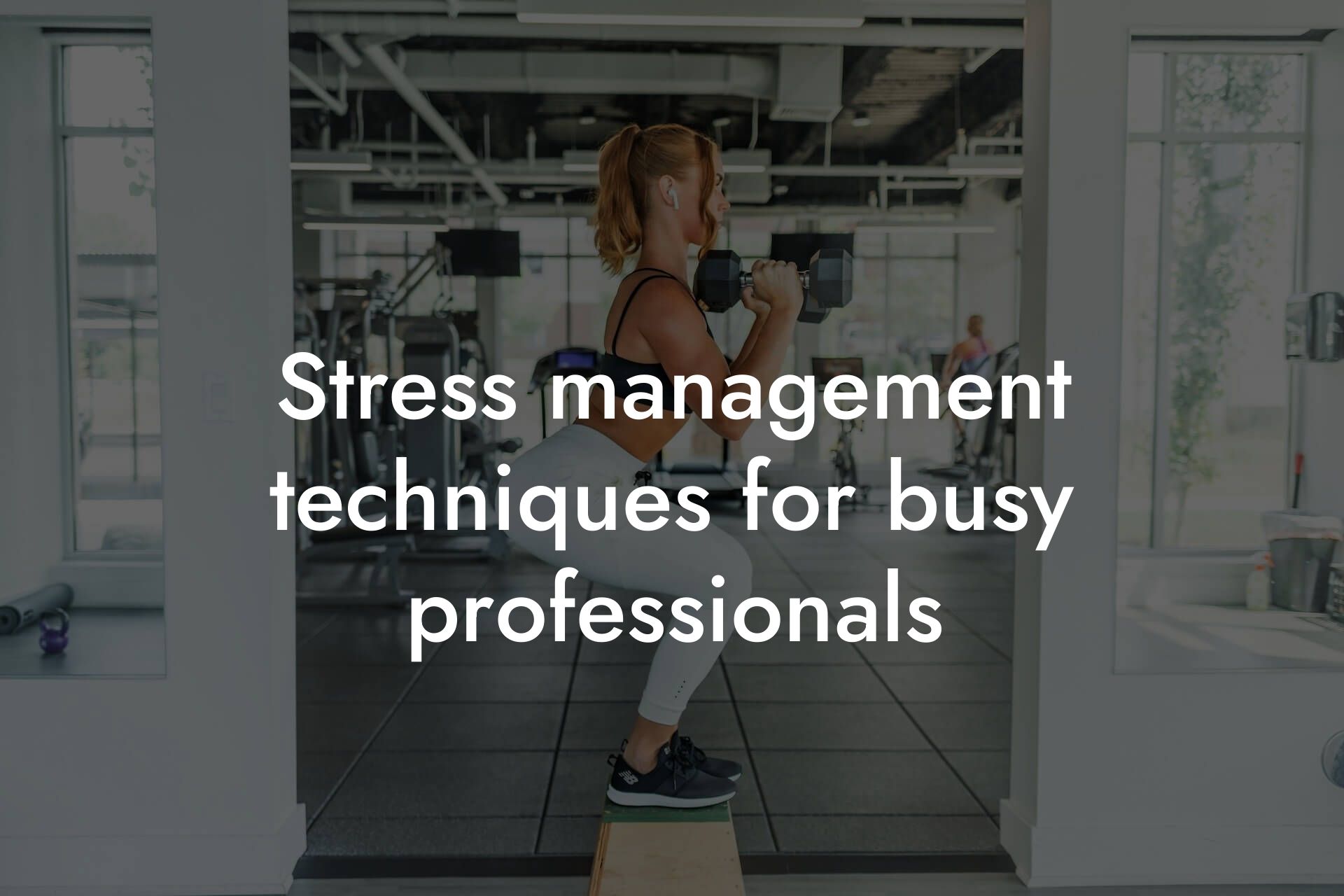As high-earning professionals, you understand the importance of maintaining a healthy physique and physique-related metrics such as body fat, bone density, and overall physical appearance. However, mental resilience is equally crucial for achieving success and maintaining a work-life balance. Meditation and mindfulness are two powerful tools that can help you cultivate mental resilience, reducing stress and anxiety while improving focus, productivity, and overall well-being. In this article, we'll delve into the world of meditation and mindfulness, exploring their benefits, techniques, and tips for incorporating them into your busy lifestyle.
Table of Contents
What is Meditation?
Meditation is a practice that involves training your mind to focus, relax, and become more aware of your thoughts, emotions, and physical sensations. It's a technique that's been practiced for thousands of years, originating from ancient Eastern cultures. Meditation can take many forms, including mindfulness meditation, loving-kindness meditation, transcendental meditation, and movement meditation, among others. The goal of meditation is to quiet the mind, reducing mental chatter and increasing self-awareness.
What is Mindfulness?
Mindfulness is the practice of being present in the moment, paying attention to your thoughts, emotions, and physical sensations without judgment. It's about cultivating awareness of your experiences, rather than getting caught up in them. Mindfulness is often practiced through meditation, but it can also be incorporated into daily activities such as eating, walking, or even showering. By being more mindful, you can reduce stress, improve relationships, and increase overall satisfaction with life.
The Benefits of Meditation and Mindfulness for Mental Resilience
Research has consistently shown that meditation and mindfulness can have a profound impact on mental resilience. Some of the benefits include:
- Reduced stress and anxiety: Meditation and mindfulness have been shown to decrease the production of stress hormones like cortisol, leading to a sense of calm and relaxation.
- Improved focus and concentration: Regular meditation practice can improve attention and reduce mind-wandering, making it easier to stay focused on tasks.
- Enhanced emotional regulation: Meditation and mindfulness help develop emotional awareness, making it easier to recognize and manage emotions.
- Better sleep: Practicing meditation and mindfulness can improve sleep quality, leading to better rest and recovery.
- Increased self-awareness: Meditation and mindfulness increase self-awareness, allowing you to better understand your thoughts, emotions, and behaviors.
Techniques for Meditation and Mindfulness
There are numerous techniques for meditation and mindfulness, and it's essential to find what works best for you. Here are a few popular methods:
- Body scan meditation: Lie down or sit comfortably, bringing your attention to different parts of your body, starting from your toes and moving up to the top of your head.
- Mindful breathing: Focus your attention on your breath, noticing the sensation of the air entering and leaving your nostrils.
- Walking meditation: Pay attention to your walking, noticing the sensation of your feet touching the ground, the movement of your legs, and the rhythm of your breath.
- Loving-kindness meditation: Focus on sending kind thoughts to yourself and others, promoting feelings of compassion and empathy.
Incorporating Meditation and Mindfulness into Your Busy Lifestyle
As a high-earning professional, it can be challenging to find time for meditation and mindfulness. However, even small amounts of practice can be beneficial. Here are some tips for incorporating meditation and mindfulness into your busy lifestyle:
- Start small: Begin with short meditation sessions of 5-10 minutes, gradually increasing the duration as you become more comfortable with the practice.
- Make it a habit: Incorporate meditation and mindfulness into your daily routine, such as right after waking up or before bed.
- Use apps and guided meditations: Utilize apps like Headspace, Calm, or Insight Timer that offer guided meditations and mindfulness exercises.
- Practice mindfulness in daily activities: Bring mindfulness into your daily activities such as eating, walking, or even showering.
Overcoming Common Obstacles to Meditation and Mindfulness
As you begin your meditation and mindfulness journey, you may encounter some common obstacles. Here are some tips for overcoming them:
- Difficulty quieting the mind: Remember that it's normal for your mind to wander during meditation. Gently bring your attention back to your chosen meditation object.
- Feeling restless or uncomfortable: Experiment with different meditation positions, such as sitting, lying down, or using a meditation chair.
- Lack of motivation: Find a meditation buddy or join a meditation group to stay motivated and accountable.
- Feeling like you're not doing it "right": Remember that there's no right or wrong way to meditate. The goal is to show up and be consistent.
Meditation and mindfulness are powerful tools for cultivating mental resilience, reducing stress and anxiety, and improving overall well-being. By incorporating these practices into your daily routine, you can improve your focus, productivity, and relationships, ultimately taking your business and personal life to the next level. At Tano Performance Group, we understand the importance of maintaining a healthy physique and physique-related metrics, but we also recognize the significance of mental resilience. By combining meditation and mindfulness with our comprehensive body assessments, you can achieve a more balanced and fulfilling life.
Frequently Asked Questions
What is meditation and mindfulness?
Meditation and mindfulness are practices that help you cultivate a non-judgmental awareness of the present moment. Meditation involves focusing your attention on a specific object, thought, or activity to achieve a mentally clear and emotionally calm state. Mindfulness is the practice of being fully engaged in the current moment, while cultivating a sense of curiosity, openness, and acceptance.
What is mental resilience, and why is it important?
Mental resilience refers to the ability to cope with and bounce back from adversity, trauma, or stress. It's essential for high-earning professionals like yourself, as it helps you navigate the demands of your career and personal life, maintain your physical and mental well-being, and perform at your best.
How can meditation and mindfulness improve mental resilience?
Regular meditation and mindfulness practice can increase mental resilience by reducing stress, anxiety, and emotional reactivity. It helps you develop a greater sense of self-awareness, allowing you to recognize your thoughts, emotions, and behaviors, and make positive changes. Meditation and mindfulness also enhance cognitive function, including attention, memory, and problem-solving abilities.
What are the benefits of meditation and mindfulness for physical health?
Meditation and mindfulness have been shown to have numerous physical health benefits, including reduced blood pressure, heart rate, and chronic pain. They can also improve sleep quality, boost the immune system, and increase feelings of relaxation and calm. As someone interested in your physical appearance and physique, incorporating meditation and mindfulness into your routine can have a positive impact on your overall health and well-being.
How can meditation and mindfulness help with body fat and weight management?
Meditation and mindfulness can help you develop a healthier relationship with food and exercise, leading to more sustainable weight management. By reducing stress and increasing self-awareness, you're better equipped to make informed choices about your diet and physical activity, leading to a more balanced and healthy lifestyle.
Can meditation and mindfulness improve bone density?
While meditation and mindfulness don't directly impact bone density, they can contribute to a healthier lifestyle that supports bone health. By reducing stress, improving sleep, and increasing physical activity, you can create an environment that promotes stronger bones and overall health.
How do I get started with meditation and mindfulness?
Begin by setting aside a few minutes each day to practice meditation and mindfulness. You can start with guided recordings, apps, or classes, and gradually move to independent practice. Be patient and kind to yourself as you develop this new habit, and remember that consistency is key.
What are some common misconceptions about meditation and mindfulness?
One common misconception is that meditation and mindfulness are only for relaxation or stress relief. While they do offer these benefits, they're also powerful tools for improving focus, productivity, and overall well-being. Another misconception is that you need to be a certain type of person or have a specific personality to practice meditation and mindfulness. The truth is, anyone can benefit from these practices, regardless of their background or personality.
How often should I practice meditation and mindfulness?
Aim to practice meditation and mindfulness daily, even if it's just for a few minutes. Consistency is key to developing a strong practice and experiencing the benefits. As you get started, you can begin with 5-10 minute sessions and gradually increase the duration as you become more comfortable with the practice.
What are some tips for maintaining a consistent meditation and mindfulness practice?
Find a quiet, comfortable space to practice, and try to meditate at the same time each day. Start small and be realistic about your goals, and remember that it's okay to miss a day or two. Be gentle with yourself, and don't get discouraged if your mind wanders during meditation. Simply acknowledge the thought and gently bring your focus back to the present moment.
Can I practice meditation and mindfulness with a busy schedule?
Absolutely! Even short periods of meditation and mindfulness practice can be beneficial. Try incorporating mindfulness into your daily activities, such as eating or walking, or use a meditation app that offers quick and guided sessions. Remember, every moment counts, and even a few minutes of practice can make a positive impact on your mental resilience.
How can I incorporate meditation and mindfulness into my daily routine?
Try starting your day with a short meditation or mindfulness practice, or use it as a way to unwind before bed. You can also incorporate mindfulness into your daily activities, such as eating, walking, or showering. Experiment with different times and approaches to find what works best for you and your schedule.
What are some common obstacles to establishing a meditation and mindfulness practice?
Common obstacles include lack of time, difficulty quieting the mind, and feeling self-conscious or uncomfortable. Remember that it's normal to encounter challenges, and the key is to be patient and kind to yourself. Start small, be consistent, and celebrate your small wins along the way.
How can I overcome feelings of restlessness or boredom during meditation?
It's normal to feel restless or bored during meditation, especially when you're starting out. Try to acknowledge the feeling without judgment, and gently bring your focus back to the present moment. You can also experiment with different types of meditation, such as movement or guided meditations, to find what works best for you.
Can meditation and mindfulness be practiced in a group setting?
Yes, meditation and mindfulness can be practiced in a group setting, which can offer additional benefits, such as social support and accountability. You can find local meditation groups, join online communities, or participate in guided meditation sessions with friends or colleagues.
How can I track my progress and stay motivated with my meditation and mindfulness practice?
Try keeping a meditation journal to track your progress, set realistic goals, and celebrate your small wins. You can also find accountability with a meditation buddy or join a meditation community to stay motivated and inspired.
What are some recommended resources for learning more about meditation and mindfulness?
There are many excellent resources available, including books, apps, and online courses. Some popular apps include Headspace, Calm, and Insight Timer. Recommended books include "The Mind Illuminated" by Culadasa and "Wherever You Go, There You Are" by Jon Kabat-Zinn.
How can I integrate meditation and mindfulness into my workout routine?
Try incorporating mindfulness into your warm-up or cool-down exercises, or use meditation as a way to recover from a intense workout. You can also experiment with movement-based meditations, such as yoga or tai chi, to combine physical activity with mindfulness practice.
Can meditation and mindfulness be used as a tool for performance enhancement?
Absolutely! Meditation and mindfulness can improve focus, concentration, and overall mental resilience, leading to enhanced performance in your career and personal life. Many top athletes and high-achievers use meditation and mindfulness as a key component of their training and success strategies.
How can I use meditation and mindfulness to improve my relationships?
Meditation and mindfulness can help you develop greater empathy, communication skills, and emotional intelligence, leading to more harmonious and fulfilling relationships. By being more present and aware in your interactions, you can respond more thoughtfully and build stronger connections with others.
What are some common myths about meditation and mindfulness?
One common myth is that meditation and mindfulness are only for spiritual or religious people. The truth is, these practices are secular and can be beneficial for anyone, regardless of their beliefs or background. Another myth is that meditation and mindfulness are a quick fix or a magic solution. While they do offer many benefits, they require consistent practice and dedication to produce lasting results.
How can I make meditation and mindfulness a sustainable part of my lifestyle?
Make meditation and mindfulness a non-negotiable part of your daily routine, just like brushing your teeth or taking a shower. Find a approach that works for you, and be patient with yourself as you develop this new habit. Remember, the key is consistency and self-compassion.
Here are some related articles you might love...
- How to balance work, fitness, and personal life
- How physical fitness impacts cognitive performance
- Stress management techniques for busy professionals
- The impact of physical appearance on self-esteem
- Overcoming body dysmorphia
- Goal setting for physical and mental well-being
- How to stay motivated during your fitness journey
- The role of exercise in preventing burnout
- The connection between physical health and mental clarity
Zak Faulkner
Zak Faulkner is a leading authority in the realm of physical health and body composition analysis, with over 15 years of experience helping professionals optimise their fitness and well-being. As one the experts behind Tano Performance Group, Zak has dedicated his career to providing in-depth, science-backed insights that empower clients to elevate their physical performance and overall health.
With extensive knowledge of DEXA technology, Zak specializes in delivering comprehensive body assessments that offer precise data on body fat, muscle mass, bone density, and overall physique. His expertise enables individuals to make informed decisions and achieve their fitness goals with accuracy and confidence. Zak’s approach is rooted in a deep understanding of human physiology, combined with a passion for helping clients unlock their full potential through personalised strategies.
Over the years, Zak has earned a reputation for his commitment to excellence, precision, and client-focused service. His guidance is trusted by top professionals who demand the best when it comes to their health. Whether advising on fitness programs, nutritional strategies, or long-term wellness plans, Zak Faulkner’s insights are a valuable resource for anyone serious about taking their health and fitness to the next level.
At Tano Performance Group, Zak continues to lead our Content Team revolutionising how professionals approach their physical health, offering unparalleled expertise that drives real results.




